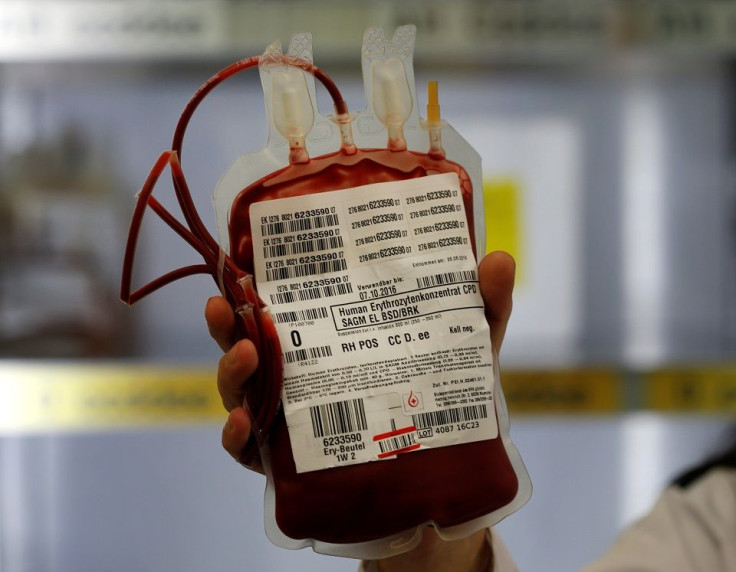New study debunks idea of young blood transfusion to battle aging

While a new study from University of California Berkeley found inhibitors in old blood that researchers have to target to reverse aging, young blood would not help reverse aging. The research debunks previous theory that young blood is the secret to the fountain of youth.
A 2005 study looked into the potential of young blood to rejuvenate old people. Although in the UC Berkeley experiment on mice the technique worked, it was not just young blood that was transfused into the lab rats, Michael Conboy, bioengineering researcher at the university says.
Conboy, who also took part in a new study, published on Wednesday in Nature Communications journal, explains that the team got mixed results on the effect of the blood transfusion on the muscle, liver and brain cells of the mice. The team created a device that transferred blood between mice without the need to attach the rodents.
Using the device, the researchers transferred old blood to young mice and vice versa until all four pairs of mice had only 50 percent of their original blood. They also had a control group made up of four pairs in which young mice exchanged blood with other young mice and old mice with the blood of other old mice, The Verge reports.
Conboy says the old mice became healthier with young blood and showed improvement within a day. But the effect was only on its liver and muscles that became stronger and no impact on the brain. Young mice that received old blood had no impact on its muscle cells, but produced a lot of molecule linked with inflammation on their liver and brain cells.
But in the 2005 study, published in Nature journal, the older mice were surgically joined to the younger mice using a technique called parabiosis in which organs are also shared. The study showed aging is reversible but it does not conclude infusing young blood into older people is medically beneficial, Medicalxpress reports.
Only some aspects of aging are reversed. The technique used in the 2005 study did not allow the researchers to control the exchange of blood necessary to study in a more in depth manner the effect of blood transfusion on aging.
In the new study, the influence of shared organs was removed. The scientists repeated the 2005 using the new device and led them to believe the benefits in old mice which received young blood was because of the dilution of the concentration of inhibitors in the old blood caused by the young blood.





















